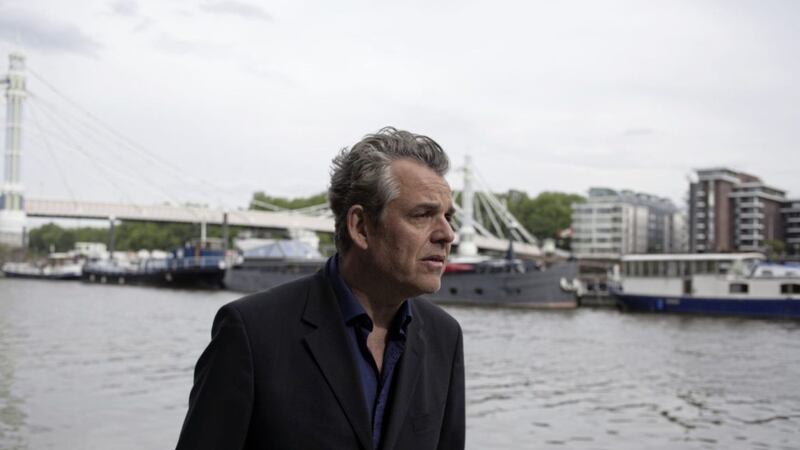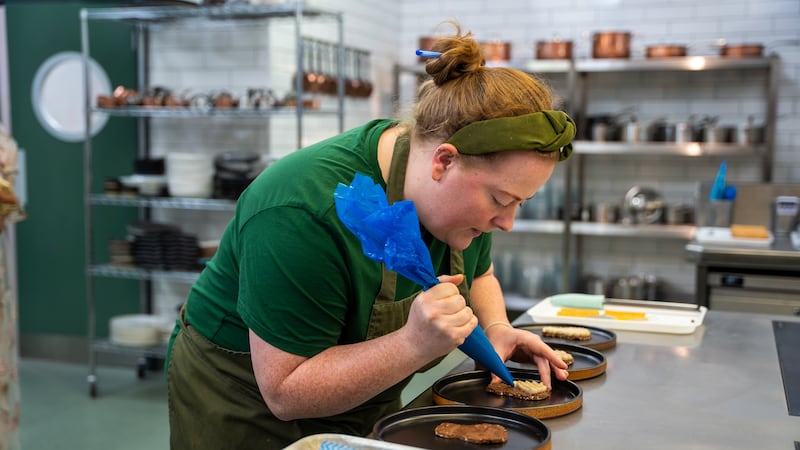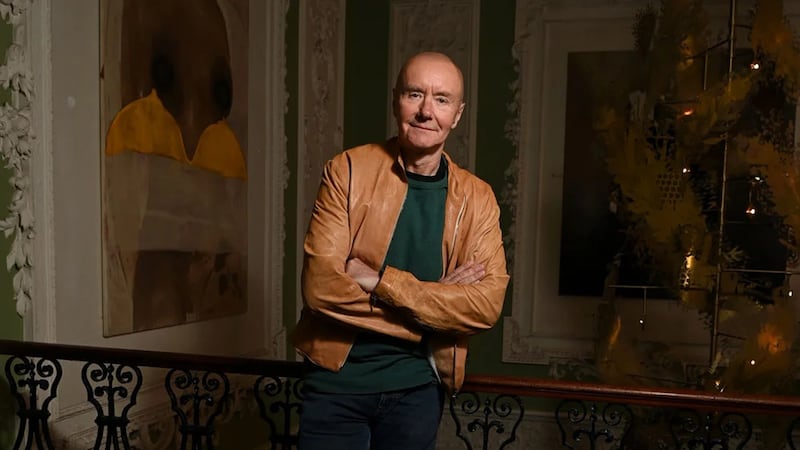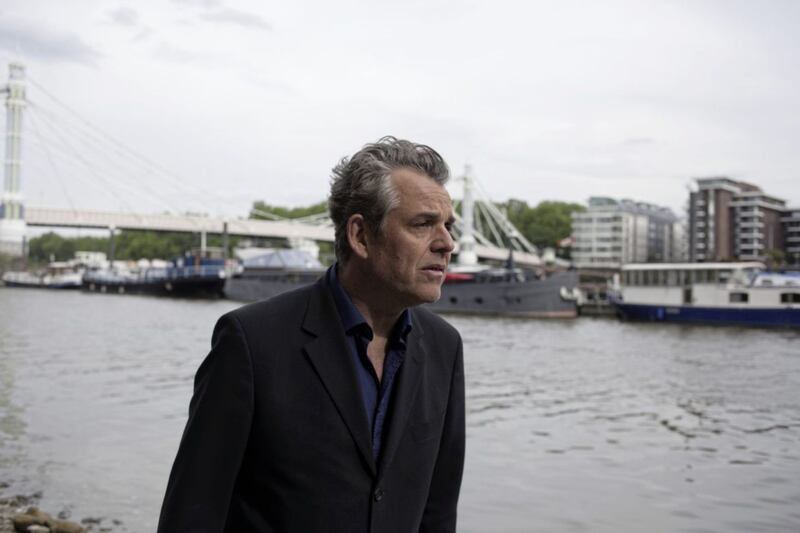“THERE’S been a long gestation period,” notes actor and director Danny Huston of the elapsed time between the completion and release of his latest directorial project, an emotionally charged film about the 'Lockerbie bombing', The Last Photograph.
With production reaching completion in 2017, it is only now, nearly four years on, that the feature-length film is finally making its way to screens on this side of the Atlantic.
Built on factual foundations, The Last Photograph is as much about celebrating every living moment as it is about the lives of some of those directly impacted by the 1988 terrorist attack on a US-bound passenger airliner over the small Scottish town of Lockerbie, which killed 270 people.
“The story is an amalgamation of three different stories, one of which was inspired by a neighbour who lost somebody in Lockerbie at the time,” reflects Huston (58), the son of Irish American Hollywood director John Huston and best known for his on-screen roles in X Men Origins, American Horror Story and, more recently, Succession.
“So, the story is fiction, that gave me a certain amount of freedom. But as the film becomes more and more specific, suddenly, we’re talking about truth, and that’s where the archive material is very important. It’s about unanswered questions in that regard.”
The 1988 downing of Pan Am Flight 103 over Lockerbie created lasting ripples that can be felt to this day.
Libyan intelligence officer Abdelbaset al-Megrahi was jailed for life in 2001 after being found guilty of 270 counts of murder. He was released by the Scottish government on compassionate grounds in 2009 after being diagnosed with prostate cancer and died in 2012. Just last December, on the 32nd anniversary of the attack, another Libyan man was charged in the US with having made the bomb that destroyed the plane, which had been en route from Frankfurt to Detroit.
“I remember, I was in England and it was [ITV journalist and newsreader] Alastair Stewart who first broke the news,” recalls Huston. “I remember his voice specifically – as did Simon Astaire, the writer of the peace. In fact, we have Alastair Stewart’s breaking news in the film.
“'This is a complex investigation… Probably the deadliest terrorist attack in the UK – 270 people dead, [including] 11 on the ground.'”
Tackling the sensitive subject matter with the utmost respect, The Last Photograph sees Huston take up position behind the camera, as well as in front of it.
Playing the role of Tom, a father who finds himself all-consumed by grief following the loss of his son in the disaster 15 years earlier, Huston’s character attempts to continue with life – albeit from beneath a dark cloud of loss.
However, when two thieves (Jaime Winstone and Imogen Waterhouse) enter his bookshop and steal his bag containing the last photograph of the father and son together, the story takes a poignant turn.
“It was my friend, Simon Astaire, who gave the script to me and immediately interested in me from a directing point of view, as far as the sort of tapestry of the piece [went],” says Huston. “And also, just the very specific nature of the plot really, revolving around a lost photo.”
“We shot in Simon Astaire’s father’s house who had just passed; I think that gave the film as sort of a ghostliness, possibly.
“Again, objects that meant something to somebody that was no longer there and what those objects mean to us as audience members, it could be something as simple as a photograph, it could be a gesture, it might be an object, but it’s the small things that lead us to experience grief.”
Switching between the present day and reflections on the past, Astaire penned both the screenplay and novel simultaneously, delicately bringing the characters’ stories into focus over the course of 120 minutes.
“I think Simon very eloquently wrote, at the point the photograph actually disappears, that the image is no longer there but the memory of the memory is, and to cherish the memory of the people that we love,” recalls Huston.
“The happiest moments could be moments before something devastating happens, so a lot of the scenes aren’t full of grief because the characters aren’t aware of it.
“It’s a film that becomes about the psychological difficulty of trying to make sense of a tragedy of that kind. But the archive material also, I think, gives you a sense of the inability to accept the inevitable.”
London Film School graduate Huston travelled to south-west Scotland to as part of the film-making process.
“It felt important that we go there and be true to what happened,” says Huston. “I know that people visit the graveyard and in a way it’s known for this terrible disaster, so there’s that sort of feeling of respect for the victims, but there’s also a pastoral beauty that the place has. It’s a beautiful place, as all of Scotland is.
“Those fields and those hills are just majestic in that Scottish way, but it’s also odd that Lockerbie is known for that, you know.”
And yet, despite the overwhelming sense of sadness that accompanies a story such as Lockerbie, Huston hopes that the film also brings with it a sense of positive reflection, something made all the more poignant given the ongoing pandemic.
“It’s a difficult situation, a complex political situation,” he notes of the ongoing circumstances surrounding the bombing. “Al-Megrahi, he died of cancer, that felt unresolved. But the film, finally, is about all of our losses. And now, you know, with Covid it has been sort of an introspective time for all for all of us.
“How many last photographs, how many sweaters and articles of people that we’ve lost, that we care about, that we love, still exist?
“Maybe this film is a cathartic experience and can help bring memories back.”
:: The Last Photograph is available on digital platforms now.




